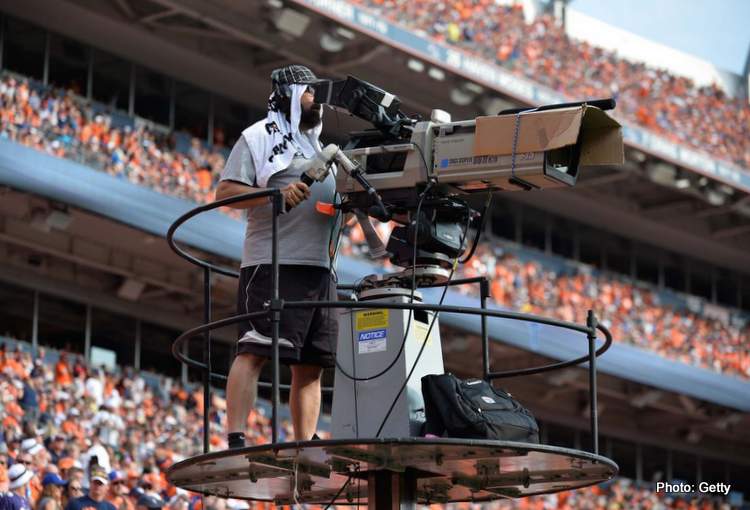
Many sports lovers choose a career in 해외스포츠중계. There are various opportunities in sports, such as management, but many fans would like to remain on the sidelines rather than in the spotlight. By pursuing a degree in this area, you may realize your goal of working in sports broadcasting, which includes several aspects such as live play-by-play and post-game interviews.
There Will Likely Be A Variety Of Live Athletic Events
A passion for sports, in general, is essential for a job in sports broadcasting. There is no better way to enjoy a sports event than to be there in person as the action unfolds. For sports commentators, attending games is a choice.
An Opportunity With The Squad’s Leaders And Members
Depending on the sport, sportscasters may either sit in the news booth with their coworkers or go out onto the field or into the locker room to interview coaches and players before, during, and after the game. Having a go at it yourself is the best. It should come as no surprise that this is a regular occurrence for many sports broadcasters.
People Will Be Receptive To Hearing About Your Experience
Be well-prepared for live or recorded broadcasts by learning as much as possible about the sports you’re covering. Many people would love you because you can show them the activity on the field and give them exciting stories. The most incredible feeling in the world is finding a companion who shares your interests.
Getting Started
During the early 1900s, when the idea of broadcasting sporting events was first mooted, radio was the most popular medium of mass communication. Early transmissions were mostly regional and reached only a tiny audience. On the other hand, technical developments caused a sea change in the sports broadcasting industry.
Technological Progress
The advent of television in the middle of the twentieth century was a watershed moment in the history of international sports broadcasting. Thanks to television networks’ acquisition of broadcasting rights, spectators may now enjoy significant athletic events without leaving the comfort of their own homes. Worldwide access to international sports broadcasts is now a reality because of the expansion of cable and satellite networks.
Bridging Cultural Divides
International sports broadcasting has a dual purpose: it promotes athletic events and helps people from different cultures engage with one another. Listeners from all over the globe get a kick out of the commentators’ extensive familiarity with the participating nations’ traditions, history, and culture. Recognizing athletics as a common language is another benefit of sporting events, including participants of many ethnic backgrounds.
